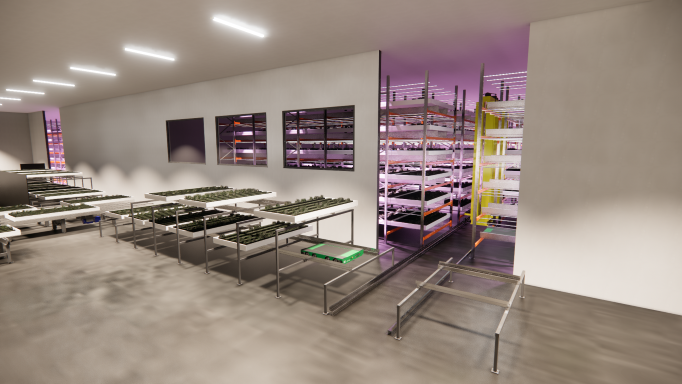Real-time supply chain visibility platform FourKites has announced a new Net Zero initiative to help the world’s leading companies achieve their organisational goals to reduce supply chain emissions. As part of this announcement, FourKites unveiled Sustainability Hub, a suite of analytics tools to provide better visibility into resource consumption and waste generation; a new Sustainability Advisory Board; and ongoing original research around sustainability.
Sustainability Hub is the latest phase of FourKites’ ongoing focus to help companies scale sustainability efforts through technology and collaboration. The platform will include new tools and capabilities that enable customers to:
- Input their sustainability goals and more accurately track saved emissions
- Benchmark progress against industry averages based on organisational goals and anonymised industry data
- Drill down into additional load-level details to better pinpoint opportunities for optimisation
- Track progress via a single summary dashboard
- Use analytics and scenario modelling to surface new insights for emissions reductions
Sustainability Hub builds on the company’s industry-first Sustainability Dashboards, a free solution that allows companies to identify specific areas within their supply chains that are contributing high levels of greenhouse gas emissions so that they can develop more effective sustainability strategies.
The announcement coincides with FourKites’ 2022 Global Supply Chain Sustainability Summit that is bringing together more than 4,000 supply chain executives and sustainability thought leaders from organisations including Sony, AB InBev, DHL, Future Planet, Volvo Group and others, to discuss how to drive positive environmental impact through supply chain transformation.
According to Gartner*, “We cannot scale the sustainability agenda without technology. CSCOs expect the focus on digitalisation to increase. Seventy-two percent stated that enterprises will continue to digitise and integrate new technologies, meaning supply chains will have to continuously adapt.”
To that end, FourKites has continued to drive innovation in the industry and facilitate discussion among key stakeholders across the industry in order to help companies meet their long-term sustainability goals.
“We started using FourKites years ago because we knew it was important to have visibility in transit,” said Paul Avampato, Head of International Logistics for Laundry and Home Care at Henkel. “Now we’re using that data to drive efficiencies in our supply chain and help achieve our sustainability goals.”
Sustainability Hub is the latest component of FourKites’ multi-faceted strategy to help customers achieve their sustainability goals. Other programmes and solutions include:
- Dynamic Yard, a new category of software that connects traditional, siloed yard management software with FourKites’ real-time supply chain data and predictive ETAs to provide insight into driver detention patterns, labour efficiency and more to reduce dwell and inform carbon reduction strategies. In the last quarter of 2021, customers who used Dynamic Yard emitted 20% fewer carbon emissions than non-Dynamic Yard users through reductions in truck idle times.
- FourKites Sustainability Center of Excellence, a thought leadership council dedicated to promoting sustainability throughout the end-to-end supply chain via actionable, data-driven strategies.
“Sustainability is a core tenet of our philosophy at FourKites, and we are hyper-focused on enabling our Fortune 1000 customers to embed sustainability throughout every level of their supply chain,” said FourKites Founder and CEO Mathew Elenjickal. “I am incredibly proud of our team for driving the sustainability agenda for the industry and helping our customers make a meaningful impact on the environment.”
* Gartner, “CSCO Response to Environmental Sustainability Trends for Supply Chain in 2022,” Sarah Watt, Laura Rainier, Heather Wheatley, Simon Bailey, Andrew Stevens, Kristin Moyer. Published 24 January 2022.











